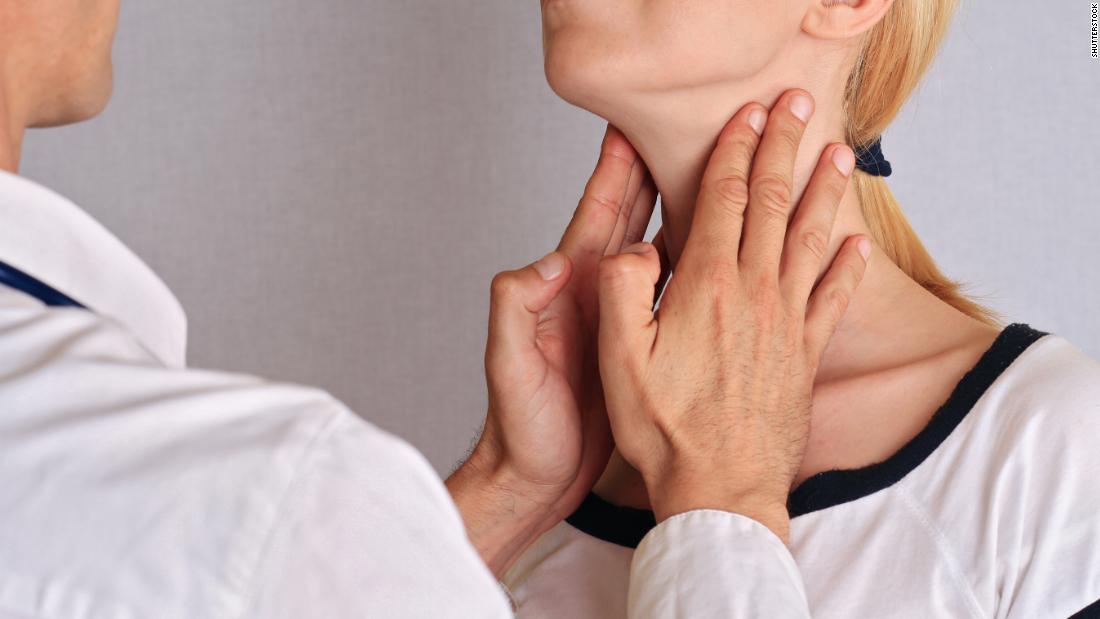WARNING: Thyroid Medications being Recalled
About 27 million Americans suffer from some type of thyroid disease. The two most common forms are hypothyroidism and hyperthyroidism. Women are 7 times more susceptible to develop thyroid problems than men.
Hypothyroidism is where the thyroid doesn’t produce enough of the two key hormones that keeps your body functioning normally and hyperthyroidism is where the thyroid produces too much hormone.
Hypothyroidism causes the body to slow down, often resulting in weight gain and fatigue which can mimic the same type of fatigue one has with anemia.
Hyperthyroidism causes the body to function too fast. This often makes the person fidgety, constantly hungry, difficulty sleeping and can even result in a faster than normal heart rate.
The thyroid is a small, two-lobed gland located in the lower, front part of the neck, just below the Adam’s apple. The thyroid uses iodine and tyrosine to produce the hormones triiodothyronine (T3) and thyroxine (T4). The ratio of these two hormones for normal body function are 20% T3 to 80% T4.
Sometimes, the thyroid can produce too much or too little of just one of the hormones and sometimes both. Doctors run a blood test to determine the ratio of T3 and T4 in the blood and that helps them diagnose which, if any of the thyroid conditions one has.
Many years ago, my wife was constantly tired and had no energy. We thought she was anemic and she started taking iron, but it didn’t help. She went to the doctor and he ran a blood test and was shocked that she had hypothyroidism. Why? Because at the time, she stood 5’ 10” and weighed only 105 pounds, whereas most people with low thyroid are overweight. He ran the blood test again and again it said she had hypothyroidism. The doctor, and subsequent doctors, have prescribed her medication which helps counter the low thyroid function.
Currently, she takes Levothyroxine for her thyroid. The dose has changed from time to time as the results of her blood work show changes in her T3 and T4 levels.
Per a new report, I was concerned about her taking this medication because of an FDA announced recall:
“In the Aug. 9 statement, the FDA said Levothyroxine and Liothyronine 15 mg, 30 mg, 60 mg, 90 mg, and 120 mg thyroid tablets are being recalled as a precaution.”
Why?
“The FDA said the recalled medications were ‘manufactured using active pharmaceutical ingredients that were sourced prior to the FDA’s import alert’.”
“‘Because these products may be used in the treatment of serious medical conditions, patients taking the recalled medicines should continue taking their medicine until they have a replacement product,’ the FDA said.”
When I checked the wife’s Levothyroxine, I saw that her dosage is 88mcg (micrograms). According to the FDA recall, any doses measured in micrograms are NOT included in the recall.
However, if you take any of the recalled doses listed above and are not sure if your medication is included, it is recommended that you check with your pharmacy. It is important to continue taking your medication until it is either replaced or cleared. Stopping your thyroid medication can be quite dangerous.









Recent Comments